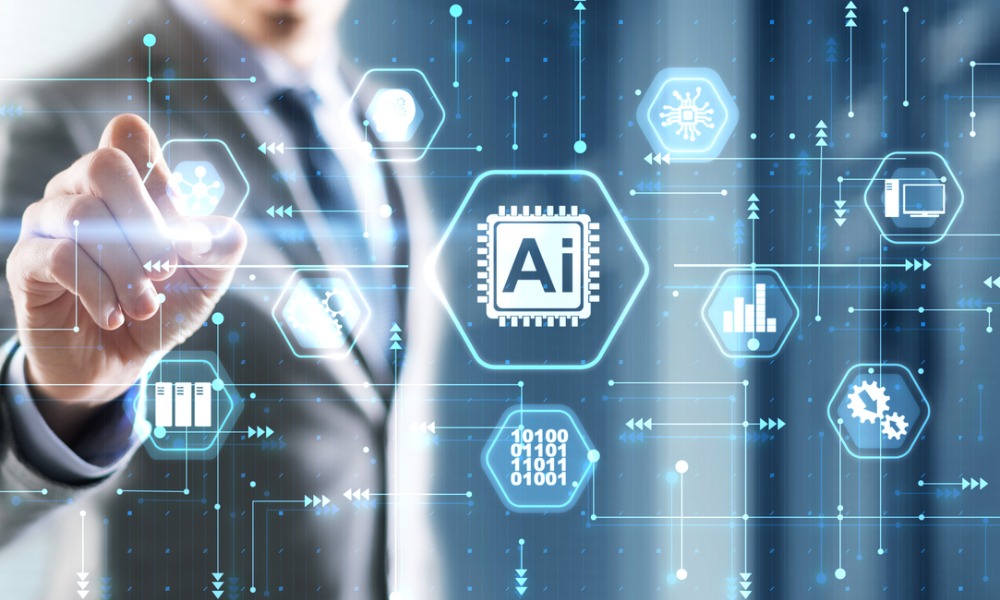Plaintiff failed to demonstrate a direct link between the advanced funds and the properties: court

In a recent decision, the BC Supreme Court has ordered the cancellation of Certificates of Pending Litigation (CPLs) registered against three parcels of real property in Surrey, British Columbia.
In Yu v 1020590 B.C. Ltd., 2024 BCSC 179, the defendant, 1077065 B.C. Ltd., challenged the viability of the plaintiffs' claim to an interest in the properties based on the provisions of the Land Title Act.
The plaintiff, Jun Min Yu, claimed to have advanced funds to the defendants under an oral agreement to purchase and develop four parcels of real property, including the three subjected to the CPLs. The plaintiffs argued that the funds were provided with the expectation of acquiring and enhancing real estate in Surrey, a claim supported in part by a limited partnership agreement.
However, the defence contended that the plaintiffs' notice of civil claim failed to demonstrate a direct link between the advanced funds and the CPL properties, questioning the registration of the CPLs.
The BC Supreme Court examined whether the plaintiffs' claim at the time of CPL registration disclosed a viable in rem interest in the properties, a necessary criterion under section 215(1) of the Land Title Act. The court scrutinized the pleadings for a substantial and direct connection between the advanced funds and the properties in question and the adequacy of a monetary award as a remedy.
The court emphasized the standards required for the valid registration of CPLs under the Land Title Act. A constructive trust, while sufficient for sustaining a CPL registration, mandates clear evidence of a direct and substantial link between the claim and the property, alongside the inadequacy of monetary compensation. The court highlighted the necessity for plaintiffs to provide detailed pleadings that unequivocally connect the advanced funds to the subject properties.
Ultimately, the court concurred with the applicant's argument that the plaintiffs’ pleadings lacked the necessary nexus between the advanced funds and the CPL properties to warrant the registration of the CPLs. The court found that the plaintiffs’ pleadings were insufficient in establishing that the funds were utilized to purchase and develop the specified real estate. Accordingly, the court concluded that the plaintiffs failed to meet the statutory threshold for an interest in land.









